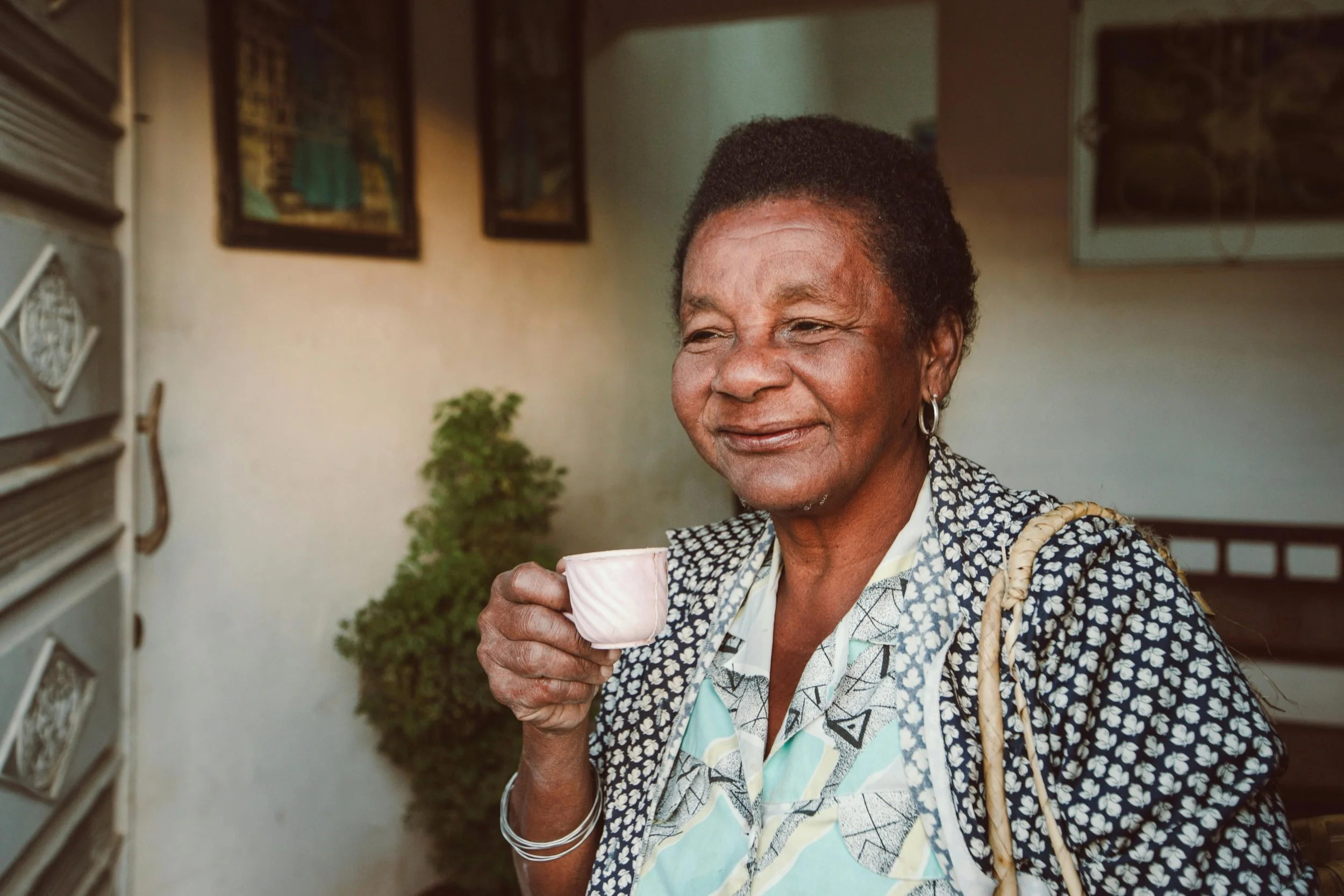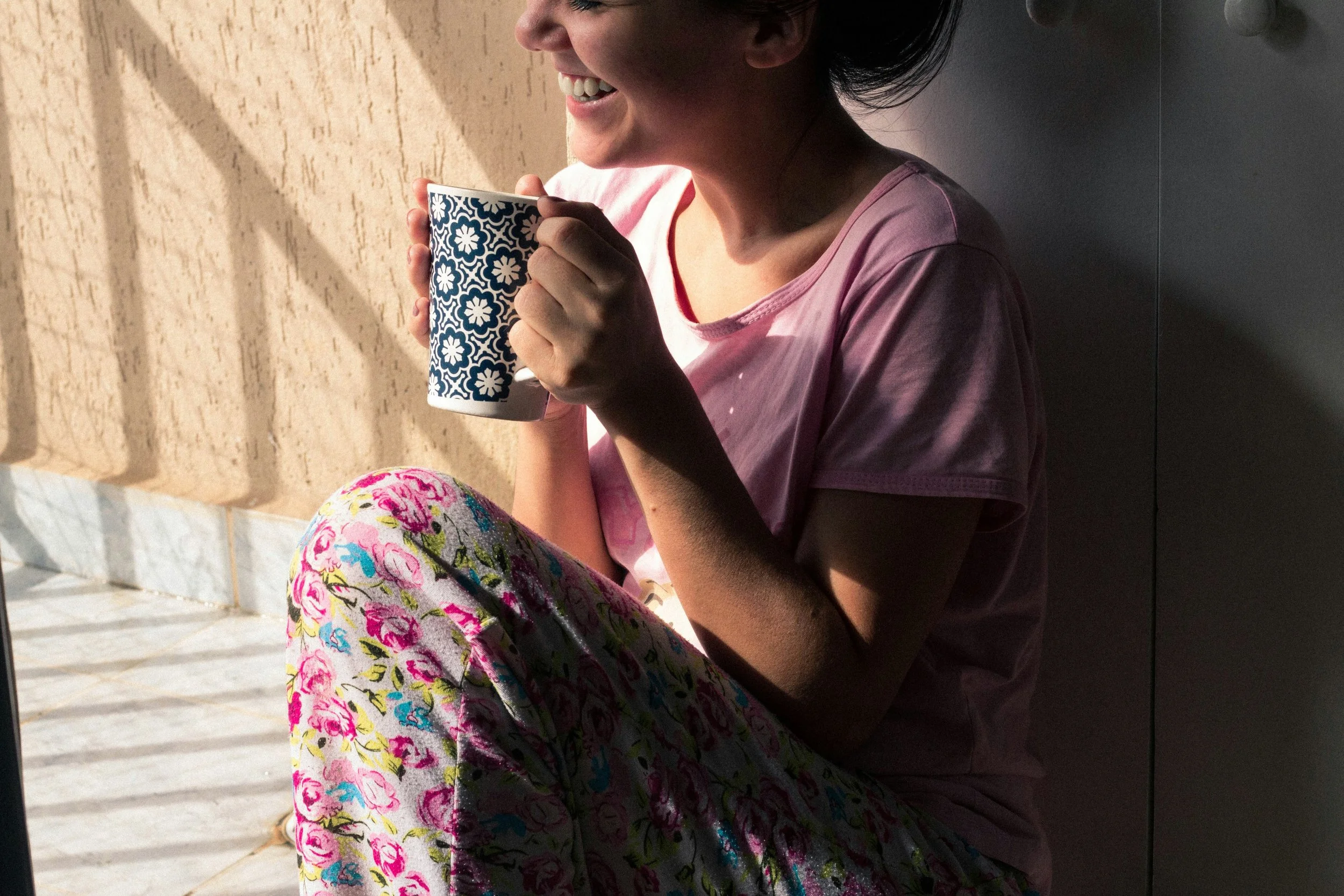Morning Coffee Boosts Happiness, Afternoon Cups Hurt Sleep
Coffee in the morning: the first cup in particular delivers a burst of joy.
Two new studies have been published about many people’s favorite pick‑me‑up. Researchers at the German universities of Bielefeld and Warwick examined the link between morning coffee consumption and mood. The findings, published in Scientific Reports, show that a cup of coffee early in the morning leads to a noticeable increase in positive emotions such as happiness, enthusiasm, and satisfaction—regardless of a person’s usual consumption or sleep quality.
For four weeks, a total of 236 adults took part in the study, reporting their current mood and caffeine consumption multiple times a day via a smartphone app. They reported their current mood and whether they had consumed a caffeinated drink in the previous 90 minutes. Participants said they experienced a marked boost in happiness and enthusiasm, especially after their first cup of coffee in the morning, a boost that was more pronounced than at any other time of day. Feelings of sadness and anger decreased slightly after coffee, regardless of the time of day or the amount consumed.
Caffeine Cuts in Line and Hits Party Mode
These results came as a surprise to the researchers. “We were surprised that the mood‑enhancing effect was independent of individual characteristics,” said Justin Hachenberger from the University of Bielefeld. Scientifically, the explanation is that caffeine blocks adenosine receptors in the brain, which in turn increases dopamine activity in reward‑related areas.
In simpler terms: adenosine is a chemical messenger that signals tiredness. After coffee, caffeine occupies the spots where adenosine would normally dock. Because caffeine has jumped the queue, the brain doesn’t switch into tired mode. Instead, activity of dopamine—the brain’s “happiness” and “reward” messenger—increases in key areas. The result is a happiness kick and a switch into party mode.
In the early morning, coffee brings happiness, but an afternoon cup can harm sleep quality.
Sleep Quality Falls with Too Much Caffeine
So, the first coffee of the morning can drive away not only troubles but also make people feel happier and more content. Later cups have less of this effect—and there’s another good reason to avoid coffee in the afternoon.
Two cups of coffee after lunch disrupt sleep quality, according to a study published in Communications Biology. An afternoon coffee doesn’t necessarily affect whether someone can fall asleep or how long they sleep. But in certain sleep phases, researchers measured a more active, less restful state.
Sleep Becomes Less Restorative
The researchers studied 40 healthy volunteers aged 21 to 58 in a double‑blind experiment. Participants spent two nights in a sleep lab: one after consuming 200 mg of caffeine in the afternoon—the equivalent of two cups of coffee—and one after receiving a placebo. Neither the participants nor the researchers knew which had been given.
Using an EEG, the researchers measured sleep quality and compared sleep phases. With caffeine, there was greater brain activity during deep‑sleep phases than without. As in the morning, caffeine blocked the sleep‑promoting messenger adenosine, leaving the brain more active during the night.
Instead of calm, slow waves, EEG readings showed faster, more chaotic signals. This has consequences for rest and health. In non‑REM sleep, particularly in deep sleep, cells are repaired, the immune system is strengthened, memories are consolidated, and stress hormones are reduced. With too much caffeine, this phase is disturbed, lowering sleep quality. The next day, mood and alertness can suffer.
Coffee Cut‑Off: 9 Hours Before Bedtime
The results largely match those of a smaller Australian study from 2024, earlier research on coffee consumption up to six hours before bedtime, and a meta‑analysis of 12 studiese aus dem Jahr 2023. In letzterer rieten die Forscherinnen und Forscher dazu, neun Stunden vor dem Zubettgehen keinen Kaffee mehr zu trinken.
Auch Schlafexperten raten dazu, nach dem Mittag keinen Kaffee mehr zu trinken. Das kann für Nachtmenschen noch um 14 Uhr sein, wer früher ins Bett geht, sollte das entsprechend anpassen. Schlafexperte John Whyte erklärte in einem Interview mit CBS News, dass Koffein eine Halbwertszeit von etwa fünf Stunden hat, im Körper aber bis zu 10 Stunden wirkt. “Viele denken, 15 Uhr sei nicht zu spät für einen Kaffee, dass der Schlaf dadurch noch nicht gestört wird. Aber der Schlaf wird beeinträchtigt, ich sehe es bei meinen Patienten immer wieder”, sagte er.





